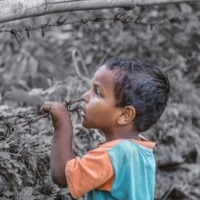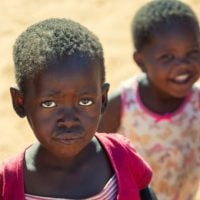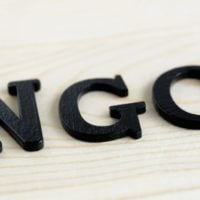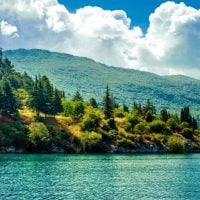Deadline: 15-Apr-22
The World Wildlife Fund’s (WWF) Russell E Train Education for Nature Program (EFN) is inviting applications for the Environmental and Social Impact Assessment Grant. The aim is to provide competitive financial support to teams and institutions working in Kenya, Tanzania, and Madagascar focusing on enhancing capacities to address environmental and social impact assessment capacity building needs with an emphasis on local communities and local practitioners.
The proposals should focus on collaborative capacity building related to:
- environmental and social impacts and risks of development projects on ecosystems and their services and
- enhancing inclusive conservation and sustainable development.
Focus Areas
Proposals should seek to engage diverse groups and sectors with an emphasis on the following:
- Developing skills, good practice, and standards. These should include hands-on activities and case studies that directly address the dual institutional challenges and gaps to understanding and mitigating the potential social and environmental impacts and risks associated with development programs and projects and opportunities for enhancing inclusive conservation objectives to achieve sustainable development.
- Engaging diverse stakeholders, including gender mainstreaming and involvement of local and indigenous people and communities.
- Fostering a professional network among individuals and organizations with emphasis on collaboration and information exchange. Priority will be given to proposals that seek to strengthen collaboration with local associations (e.g., conservation professionals, impact assessment professionals, environmental journalists, urban and regional planners, or environmental lawyers), and regional bodies.
- Strengthening institutional capacities to address governance challenges related to conservation, development, and infrastructure projects and to improve the expertise and experience of individuals and communities to achieve impact assessment and conservation outcomes collaboratively, including attention to cumulative effects, strategic level cooperation, and the use of nature-based solutions to environmental impacts and risks.
Thematic Areas
Proposals will identify their contribution to improving one or more of the following ten thematic areas:
- Participation and dialogue with diverse stakeholders
- Inclusion of young people and other underserved groups in conservation and sustainable development
- Gender dimensions and mainstreaming
- Inclusive and equitable use, conservation, and governance of natural resources
- Restoration, protection, and management of biodiversity
- Productivity and resilience of tropical ecosystems, ocean, and coastal resource use
- Equitable social and economic benefits to stakeholders
- Cross-sectoral and long-term planning and management, risk identification and mitigation
- Role of technology, capacity development, or innovation
- Community-based management of natural resources and community enterprises linked to sustainable resource management
Funding Information
- The proposed activities should be completed before August 2023 and applicants may request up to US$ 15,000.
- Please note that funding will vary and proposals should provide strong justification for all budgetary items.
Eligibility Criteria
Applicants must meet all of the following eligibility criteria to be considered for a grant:
- An organization must be legally registered in an eligible country (Kenya, Tanzania, and Madagascar).
- Teams or organizations must have a track record in capacity building related to environmental and social impacts, application thereof to local activities related to conservation and development; and the ability to monitor results.
- An organization must submit all required documents by the application deadline.
- An organization must complete all grant activities before August 2023.
- The proposals must include active learning, practical skill components, mentoring, and/or field-based learning activity that build skills and knowledge for local stakeholders, institutions, and networks. Priority is given to local organizations that focus on addressing challenges of development that affect ecosystems and their services and enhancing sustainable development and conservation.
- Organizations must commit to showing how they will accomplish expected outputs within the context of country-specific regulations related to the COVID-19 pandemic.
- Organizations must commit to supporting work that is focused on WWF’s six ambitious goals including climate, food, forests, freshwater, oceans, and wildlife.
Selection Criteria
Project proposals will undergo a rigorous and competitive selection process and be scored based on a set of criteria including, but not limited to the following score areas:
- Proposed objectives and goals – the proposed work demonstrates an understanding of the rationale, the proposed activities are feasible within the proposed work plan, and the budget is realistic.
- Project impact – both short- and long-term impacts as well as far-reaching outcomes on environmental and social sustainability beyond proposed timeframe whilst taking into consideration a risk assessment; Contribution to capacity development and ecological and social outcomes.
- Project measurability – the proposed initiative has measurable outcomes and outputs.
- Project scalability and transferability – the proposed activities can be scaled to context-specific and are replicable.
- Collaborations – projects that enhance partnerships with a clear outline of each stakeholders’ role in delivering the proposed objectives.
For more information, visit https://www.worldwildlife.org/projects/environmental-and-social-impact-assessment-grant









































